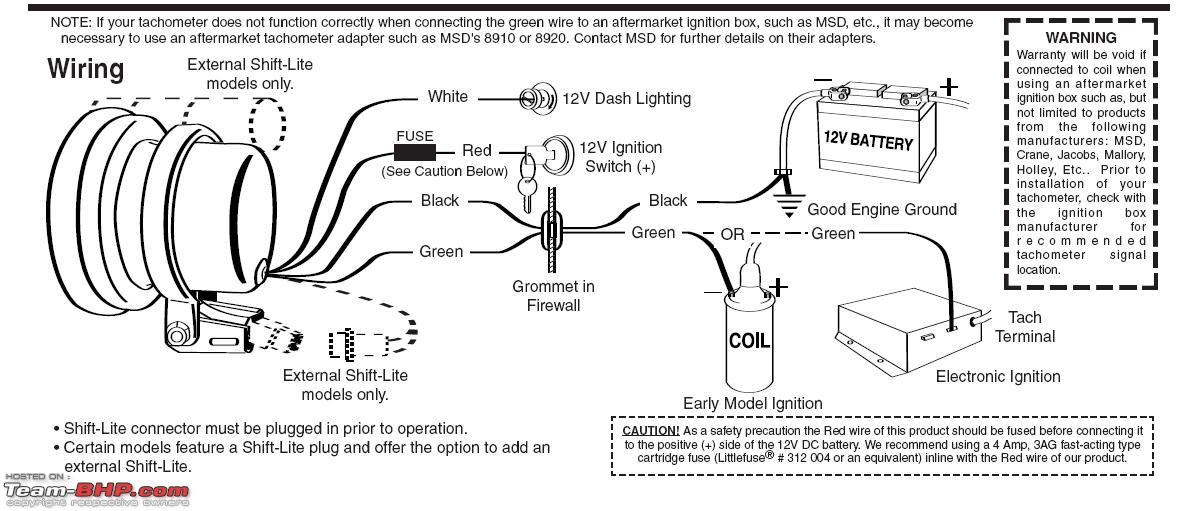Are you looking for guidance on Autogage Tach Wiring Diagram? Understanding the wiring diagram for your vehicle’s tachometer is crucial for ensuring proper installation and troubleshooting electrical issues. Let’s delve into the details of Autogage Tach Wiring Diagram and how they can be beneficial for your automotive needs.
Why Autogage Tach Wiring Diagram are Essential
Autogage Tach Wiring Diagram serve as a roadmap for connecting the tachometer to the engine, ensuring that the device receives the necessary signals to function accurately. Here are some reasons why these diagrams are essential:
- Helps in proper installation of the tachometer
- Ensures correct wiring connections
- Aids in troubleshooting electrical issues
- Provides a visual representation of the connections
Reading and Interpreting Autogage Tach Wiring Diagram
Reading and interpreting Autogage Tach Wiring Diagram may seem daunting at first, but with a little guidance, you can easily decipher the information presented. Here are some tips on how to effectively read and interpret these diagrams:
- Identify the components and their corresponding symbols
- Follow the wiring paths to understand the connections
- Pay attention to color codes and labels for clarity
- Refer to the key or legend for explanations of symbols and abbreviations
Using Autogage Tach Wiring Diagram for Troubleshooting
Autogage Tach Wiring Diagram are invaluable tools when it comes to troubleshooting electrical problems in your vehicle. By following the wiring diagram, you can pinpoint the source of the issue and make the necessary repairs. Here’s how you can use these diagrams effectively for troubleshooting:
- Check for loose or disconnected wires
- Verify the connections against the diagram for accuracy
- Test the continuity of the circuits using a multimeter
- Refer to the manufacturer’s instructions for specific troubleshooting steps
Importance of Safety
When working with electrical systems and using wiring diagrams, it’s crucial to prioritize safety to prevent accidents and damage to your vehicle. Here are some safety tips and best practices to keep in mind:
- Always disconnect the battery before working on the electrical system
- Use insulated tools to avoid electrical shocks
- Avoid working on wet or damp surfaces to prevent electrocution
- Double-check all connections before reassembling the components
Autogage Tach Wiring Diagram
Autogage Tach Wiring Diagram

Autogage Tachometer Wiring

Pro Tach Wiring Diagram

Autogauge Tach Wiring

Autogage Tach Wiring

Auto Gauge Tach Wiring Diagram
